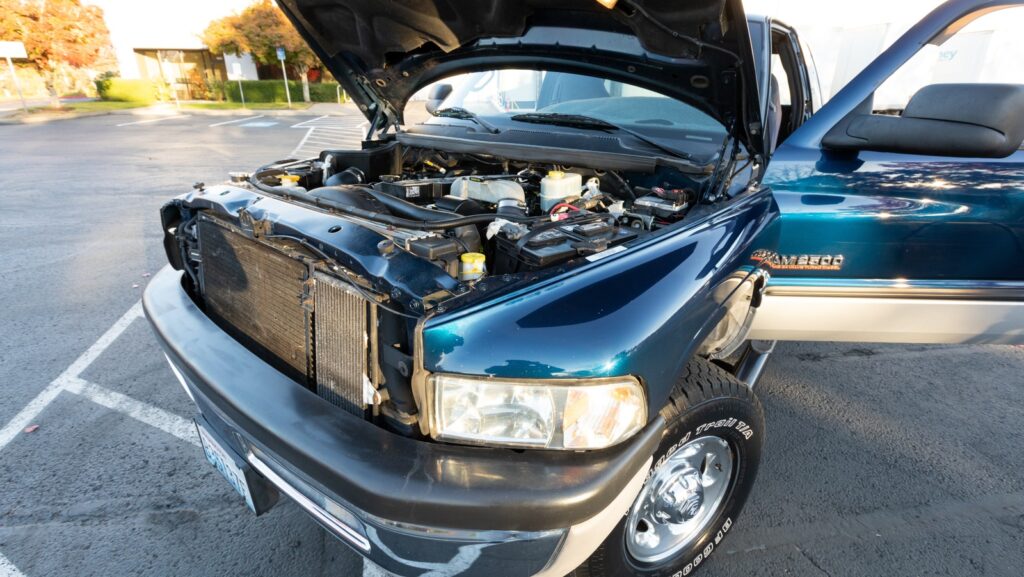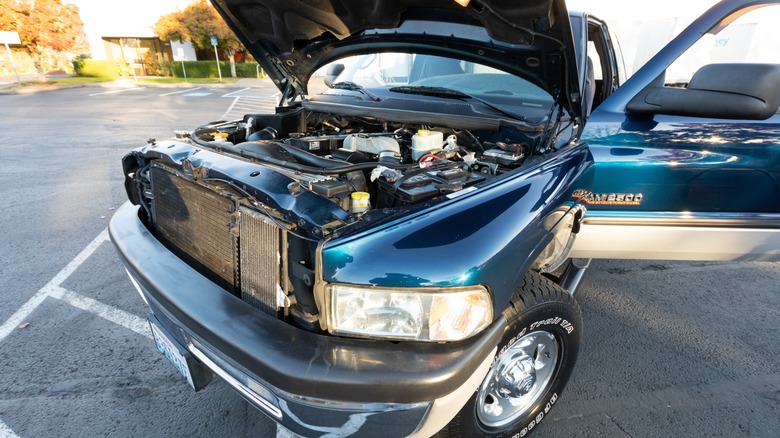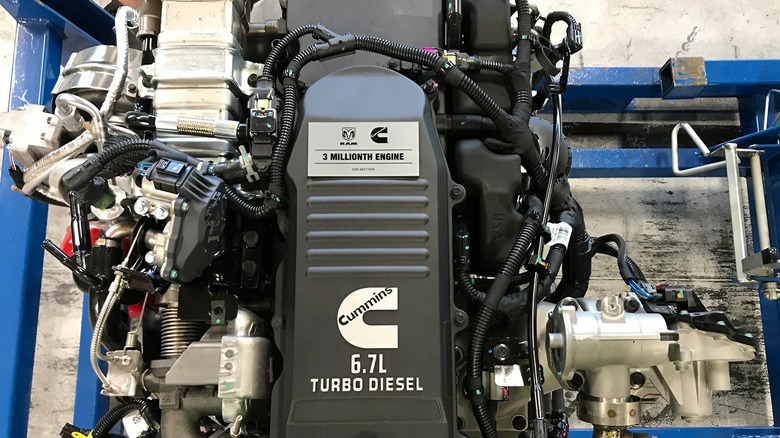Cummins engines have earned a bit of a cult following over the decades — and for good reason. In the U.S., they’re the iron workhorses found in everything from pickup trucks to massive semis, and they’re known for their impressive durability, brute strength, and, yes, their unmistakable sound.
Advertisement
The company’s roots stretch all the way back to 1919, when Clessie Cummins founded the brand in Indiana with a vision. That vision was to make robust diesel engines that could handle heavy loads without breaking a sweat. Fast forward to today, and Cummins Inc. builds engines not just in America — in plants like Jamestown, Rocky Mount, and Columbus — but also across the globe, including locations in the U.K. and India. Cummins even makes train engines!
Engines like the 5.9-liter 12-valve and the 6.7-liter 24-valve have earned a loyal following thanks to their reliability and raw, unfiltered power. With all that power also comes a low, aggressive growl that’s unique. But what exactly is it that creates such a signature sound? Let’s dive in.
Advertisement
Why diesel engines sound different from petrol engines
To understand why Cummins engines sound the way they do, it helps to first understand why diesel engines, in general, produce a different soundtrack compared to their petrol counterparts. As BBC’s Science Focus explains, the key difference lies in the combustion process. In diesel engines, the fuel and air are compressed together until the mixture becomes hot enough to spontaneously ignite, eliminating the need for a spark plug altogether. In contrast, petrol engines rely on a spark plug to ignite a pre-mixed air-fuel combo at a controlled moment. This is a quieter and much smoother process. In diesel engines, however, the high compression causes ignition to happen abruptly, leading to a sudden spike in pressure.
Advertisement
Because of this brutal combustion process, diesel engines produce that distinctive “clatter” sound. It’s not just rough combustion to blame, either. Diesel engines typically operate at much higher compression ratios — often over 20:1 — compared to petrol engines, which hang around 10:1. Then there’s the fuel injection system: diesel engines inject fuel directly into the combustion chamber at mind-bending pressures, sometimes as high as 30,000 psi, causing sharp bursts of sound.
Adding to it all, diesel engines tend to be heavier to survive the intense forces they face, which means all that extra mechanical noise from the pistons, injectors, and valves becomes part of the engine’s acoustic signature. Moreover, since they also run at lower RPMs than petrol engines, the clatter resonates even more.
Advertisement
Why Cummins engines sound even more distinctive
While all diesel engines share that rough, hearty sound, Cummins engines take it a step further — especially in big rigs. Such engines can be described as having a more pronounced or “heavier” rumble, though this is somewhat subjective and varies based on the vehicle and engine config.
Advertisement
One major contributor in this regard is the turbocharger that Cummins engines are often equipped with. These turbochargers create a more noticeable “whine” compared to other engines. This high-pitched whoosh, when layered over the deep diesel rumble, is like a sonic signature. Then there’s the exhaust note that’s tuned to deliver a deeper, throatier growl than your average diesel. The fuel injection system also plays a role. Cummins engines are built for serious torque and efficiency, which means their combustion can be a little more aggressive-sounding. You’ll often hear a sharper “knock” or clatter, especially under heavy load or hard acceleration.
Put it all together — turbo whine, exhaust rumble, combustion clatter, and a tough-as-nails engine build — and you get a sound that isn’t just noise. It is music to the ears.
Advertisement





